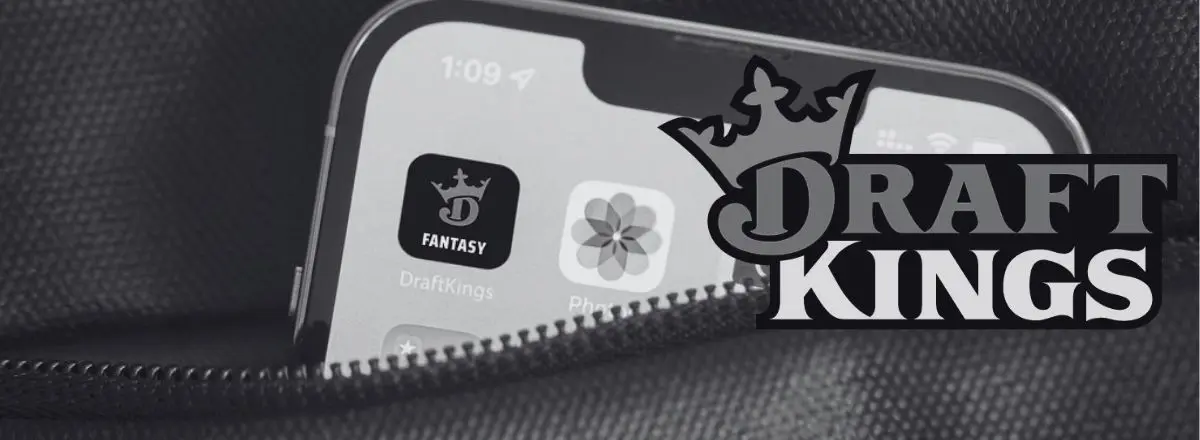Legislators pushing for the legalization of California sports just received a somewhat significant boost to their argument: Illegal sports gambling in The Golden State is apparently on the rise.
According to a study from the American Gaming Association, the illegal sports betting market in the United States has grown by around 22 percent since 2022. The caveat? This number is significantly inflated by how people bet on sports in California.
“While the AGA study showed that the illegal market across the U.S. has grown 22 percent since its 2022 study, growth in California is more than 10 times that,” writes Brant James of InGame. “The black market continues to exploit California, reaping its own monopoly until Indian Country and national operators coalesce around a plan to bring sports betting to the nation’s most populated state.”
This is indeed a core concern for California policymakers. They can take all the action they want against alternative forms of gambling, including prediction markets and daily fantasy sites. Governor Gavin Newsom even just signed a bill into law that bans sweepstakes casinos.
That is all well and good. It won’t stop illegal gambling across The Golden State entirely. In truth, nothing can. That market will always exist.
Opponents of California sports betting note as much. In tandem, they argue that regulation won’t make much of a difference. To some extent, they might be right. At the very least, there is a trade-off. Markets will legal sports betting report upticks in problem gambling reports. The question at hand, philosophically anyway, is whether the amount of money being wagered illegally is more detrimental than the downsides of California sports betting legalization.
Illegal California Sports Betting Worth Nearly $1 Billion Per Year
To that end, many are seeking to put a number to The Golden State’s black-market gambling. And as James writes for InGame, said number approaches $1 billion:
“AGA Vice President of Research Dave Forman said the illegal market in California has grown 290 percent since 2022. In 2024, black market operators milked $818 million from there. By comparison, Pennsylvania’s legal sports betting market produced $778 million in revenue in 2024, according to InGame Intel. ‘The illegal sports market story is really interesting,’ Forman told InGame. ‘And it really does show the effectiveness of legalization. Obviously, there’s no legal sports betting in California, whereas in Florida, now a legal market, that illegal sports betting market there has shrunk by 19 percent. It’s a really clear story, when you look at those two states, about how different legal regimes can impact the size of the illegal market and the effectiveness of moving people from the illegal to legal options.’”
The Florida sports betting market is cited as a case study by just about everyone making this argument. Illicit gambling in The Sunshine State has decreased by nearly 20 percent despite having only one operator. The Seminole Tribe has exclusive rights to sports betting. Despite a lack of other options, regulated gambling is clearly having one of its intended effects.
It’s Important to Remember That California Isn’t Florida
Of course, there is an element of Florida sports betting we have to consider here: online wagering.
The Seminole tribe has its own online sports betting app. Initial interpretations of their gaming compact with the state suggested the app could only be accessed when on physical tribal property. However, the Seminoles argue that because the servers running their app is on tribal land, it is an extension of tribal property.
This stance has faced plenty of litigation. A previous lawsuit, spearheaded by West Flagler Associates, even resulted in Florida sports betting being shuddered for an extended period of time. Ultimately, though, the Seminole Tribe’s argument is holding up. Their Florida sports betting app can be accessed from anywhere in The Golden State.
There is no overstating the importance of this development. The ease of access that comes with legal online sports betting in the United States has made it the primary means of wagering in the country. The vast majority of sports bets placed in the USA are processed through a mobile operator.
Which brings us to the push for California sports betting. If the warring campaigns from 2022 are any indication, legalized gambling will not feature the same widespread access. Tribes have pushed back against the idea of allowing corporate sportsbooks to enter the market. Even as the relationship between tribes and mobile sports betting operators has seemingly improved, this sentiment has not shifted.
So if and when California sports betting gets legalized, it could look similar to the Wisconsin sports betting market, in which customers must be physically present to place a wager. Now, this is not to say on-site wagering won’t put a dent in California’s illegal market. But it would not diminish its presence nearly as much as a model that features full-tilt online sports betting.
The Future of Sports Betting in California Remains Murky
All of this focus on the illegal California sports betting market is understandable. These are bigger numbers being thrown around. But it all means very little if legalization isn’t a hot topic at the next round of legislative meetings.
Ever since the previous measure(s) flopped in 2022, sports betting has not taken center stage. Many expect that to change when the state legislature reconvences in January 2026.
Whether that’s accurate remains to be seen. More than that, the rekindling of dialogue may not necessarily lead to material change. This is another wait-and-see situation. One way or another, though, we’ll have a better idea of where California stands over the next few months.
Take a look at this list of the top online sportsbooks so you can find one that works for all of your sports betting needs:
-
EXCLUSIVE BONUS
 50% bonus up to $250Play Now
50% bonus up to $250Play NowT&C apply, 18+, Play responsibly
-
EXCLUSIVE BONUS
 125% up to $1,250Play Now
125% up to $1,250Play NowT&C apply, 18+, Play responsibly
-
EXCLUSIVE BONUS
 225% up to $3,625Play Now
225% up to $3,625Play NowT&C apply, 18+, Play responsibly
-
 50% bonus up to $250Play Now
50% bonus up to $250Play NowT&C apply, 18+, Play responsibly
-
 125% up to $2,500Play Now
125% up to $2,500Play NowT&C apply, 18+, Play responsibly












